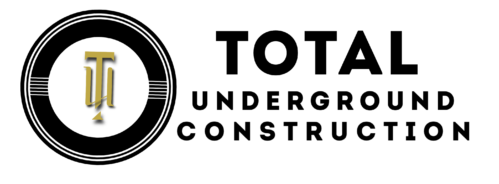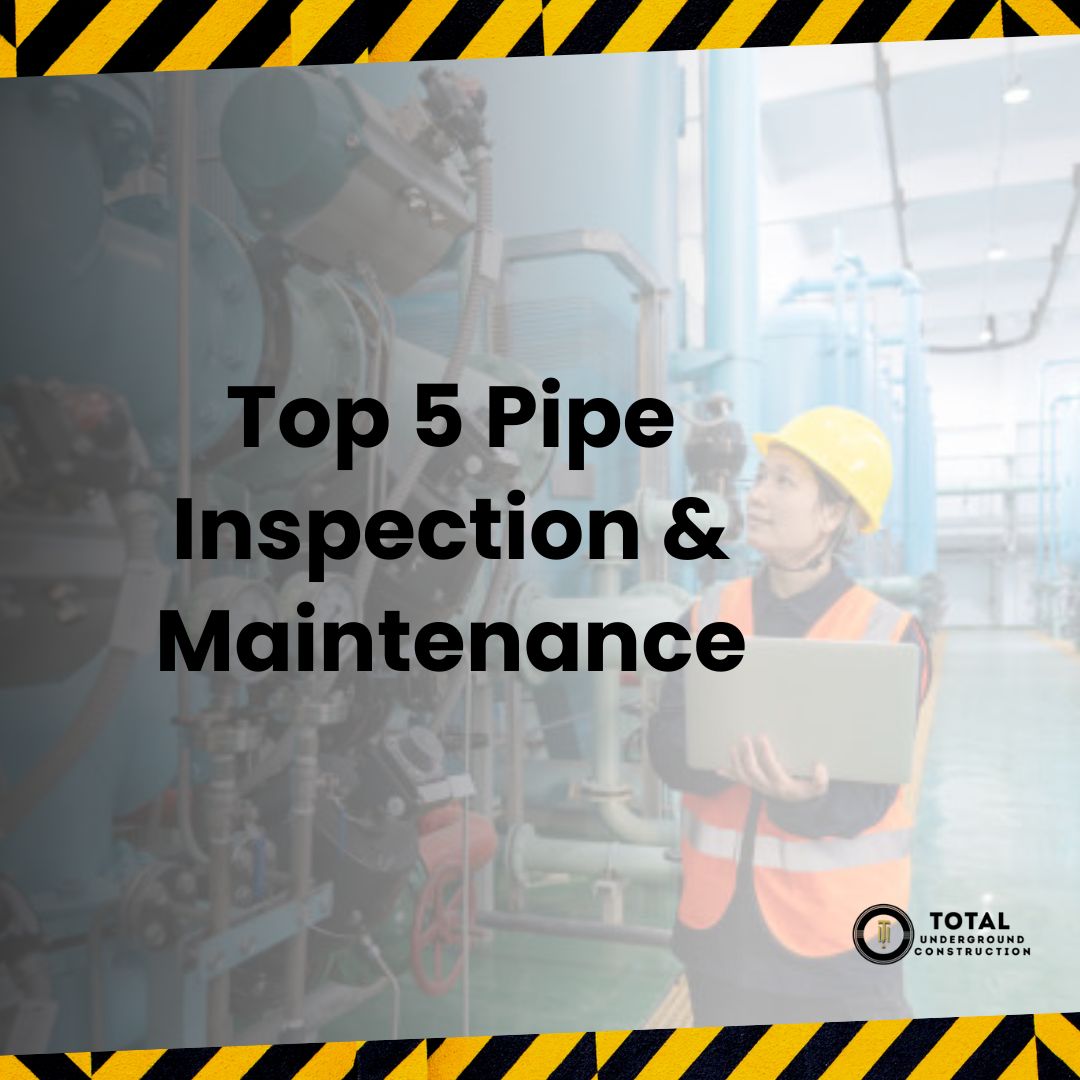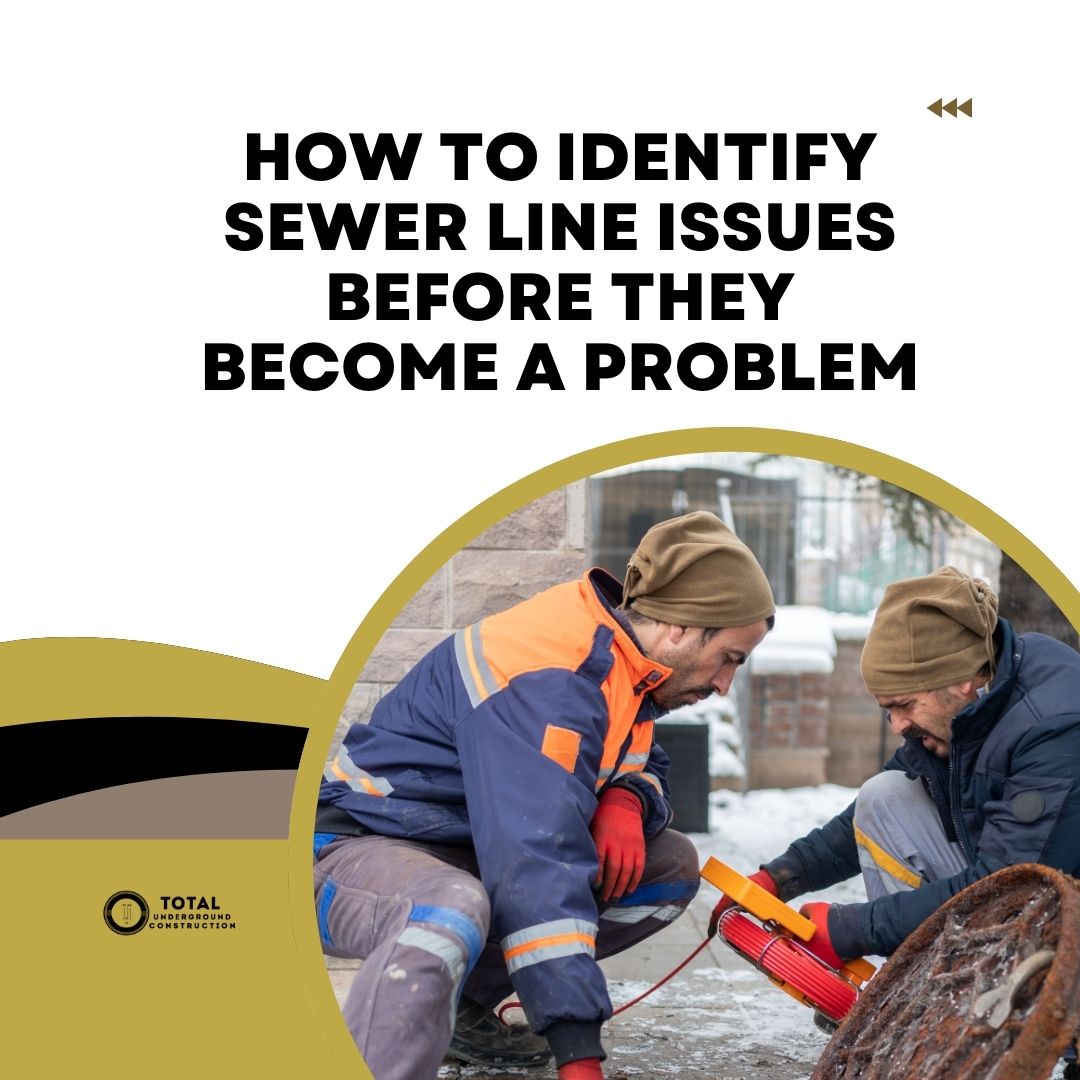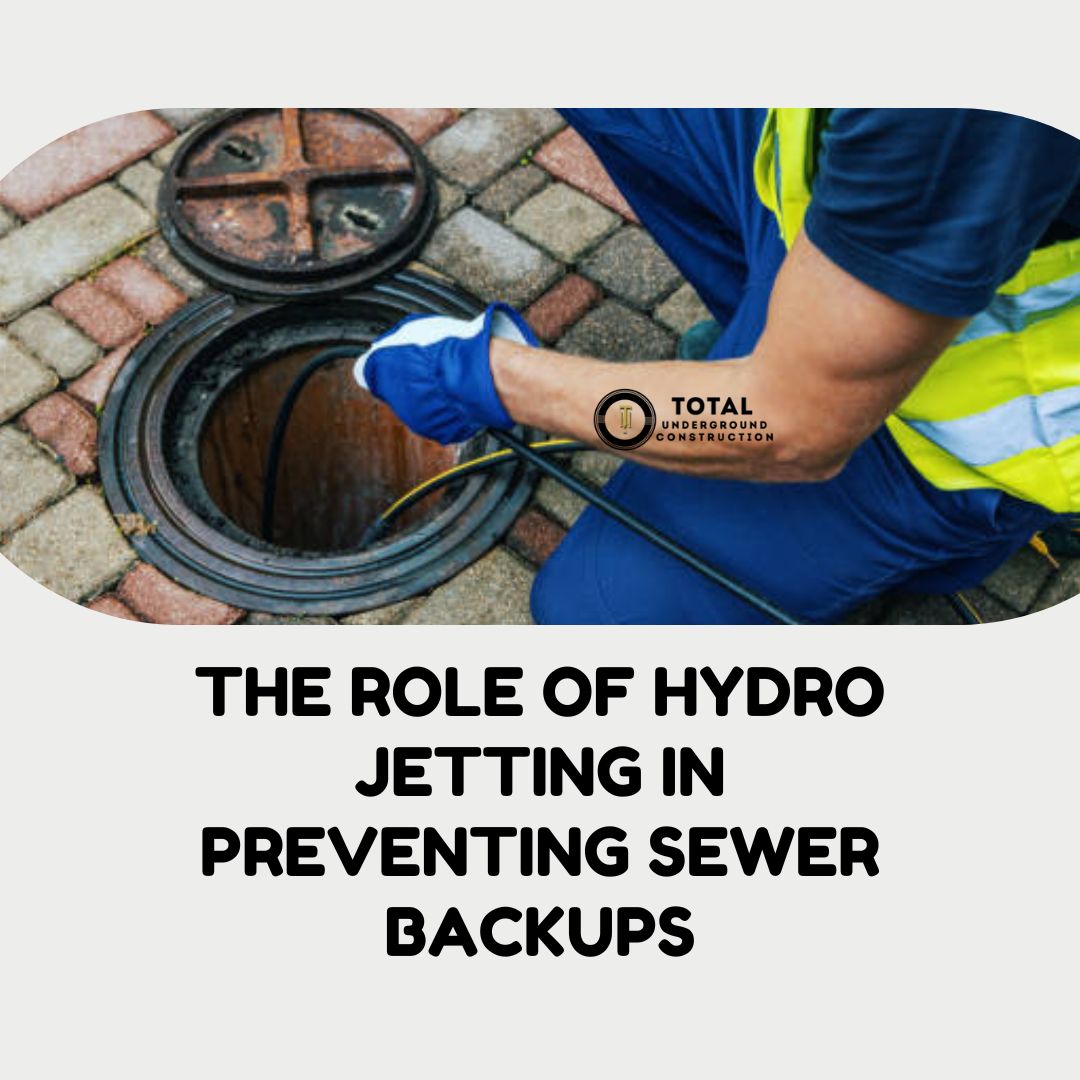A functional fire sprinkler system can be handy in saving lives and property in case of a fire outbreak. But what is the cost of installing such a system? The good thing is that you don’t have to break the bank to install a fire suppression system.
This blog post will break down the following:
- What Is the Average Cost of a Commercial Water Sprinkler System?
- Factors That Affect Commercial Fire Sprinkler System Cost
What Is the Average Cost of a Commercial Water Sprinkler System?
The average cost of a commercial fire sprinkler is between $2 and $10 per sprinklered square foot. According to the National Fire Protection Association, one sprinkler head can cover a maximum of 200 square feet. The total cost is between $10,000 and $80,000 for a commercial building.
The price depends on the type of materials used, number of sprinkler heads, system design, water source, and permits required. New construction projects are the cheapest because of the ease of installation, while historic buildings are the most expensive.
Here is a table that gives an estimate for different types of buildings:
| Cost per Splinklered Sq. Ft. | |
| New Construction | $1-$2 |
| Existing Buildings | $2-$7 |
| High-rise Buildings | $2-$4 |
| Historic Buildings | $8-$10 |
Factors That Affect Commercial Fire Sprinkler System Cost
There is a significant variance in cost between different commercial fire sprinkler systems. So, it is essential to understand the following factors that affect the cost of a project.
1. Piping Materials
The cheapest piping material is plastic, but it is not suitable for garages, attics, and unfinished basements. However, you can use the materials in other areas to keep the cost down. If you want a durable fire suppression system, copper and iron are the best options. Commercial buildings with unfinished basements attract a higher rate because you have to use metallic pipes.
2. Number of Sprinkler Heads

On average, a sprinkler head costs $250-$400. So, the bigger the space, the more sprinkler heads you will need for the building. Here is a breakdown of the size of space a sprinkler can cover under different levels of risk:
| Coverage Area per Sprinkler Head (Sq. Ft.) | |
| Low Risk | 130-200 |
| Standard Risk | 130 |
| High Risk | 90-130 |
Properties under the high-risk category may require a higher density of sprinkler heads to ensure comprehensive coverage. These include facilities such as chemical storage areas, industrial kitchens, or locations with a high concentration of flammable materials.
3. Fire Sprinkler Add-ons
If your jurisdiction requires backflow preventers, the cost of commercial projects can increase by $350. The purpose of the devices is to prevent sprinkler water backflow to the municipal supply.
Other add-on items include alarm valves and alarm test valves, which help in fire detection. The alarm bell is also part of the system, and you might require more than one, depending on the size of the building.
4. System Design
Are you planning to use a multi-purpose or standalone fire sprinkler system? Multi-purpose designs are less costly because they combine pipes for domestic water use with the fire suppression system. However, most commercial projects require standalone systems with independent water supply for efficiency.
Some facilities require design adjustments to cover specific equipment, which can increase the cost.
5. Size of the System
The bigger the space, the higher the fire sprinkler system cost because of the extra delivery points, sensors, alarms, and pull stations required. So, you need to invest more in a big commercial building. The design of the building can also affect the number of pipes and sprinkler heads you need, affecting the cost.
6. Water Source

If you get water from a well or private source, you should factor in the storage tanks and booster pump costs. Municipality water supply can cut the commercial fire water sprinkler system cost by up to 22%. The additional element for municipal water supply is a backflow preventer if your system runs on an antifreeze solution.
7. Permits and Inspection Cost
You need permits from the local authorities, which add to the total cost of installation. So, you should consult the installer to know all the necessary permits in your location. Apart from that, you should factor in the inspection charges, which amount to $150 per visit.
Conclusion
The cost of a commercial fire sprinkler system varies from one project to another, depending on the size of the project and other factors. So, the best approach is to get an estimate with a comprehensive list of requirements from an installer.
Total UC offers affordable fire sprinkler systems in the Bay Area. Over the years, we have worked with commercial properties to provide customized solutions even to the most complex building designs.




